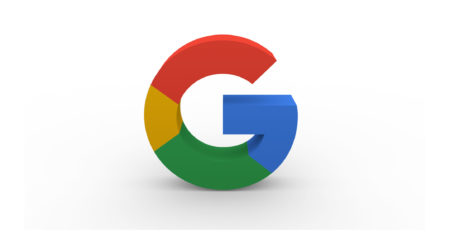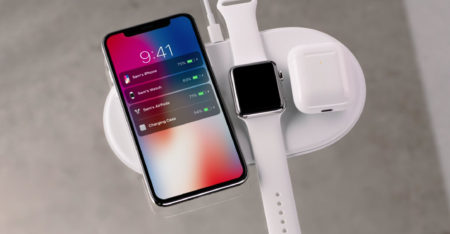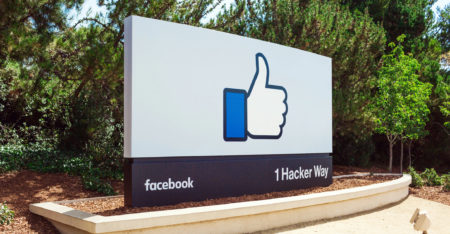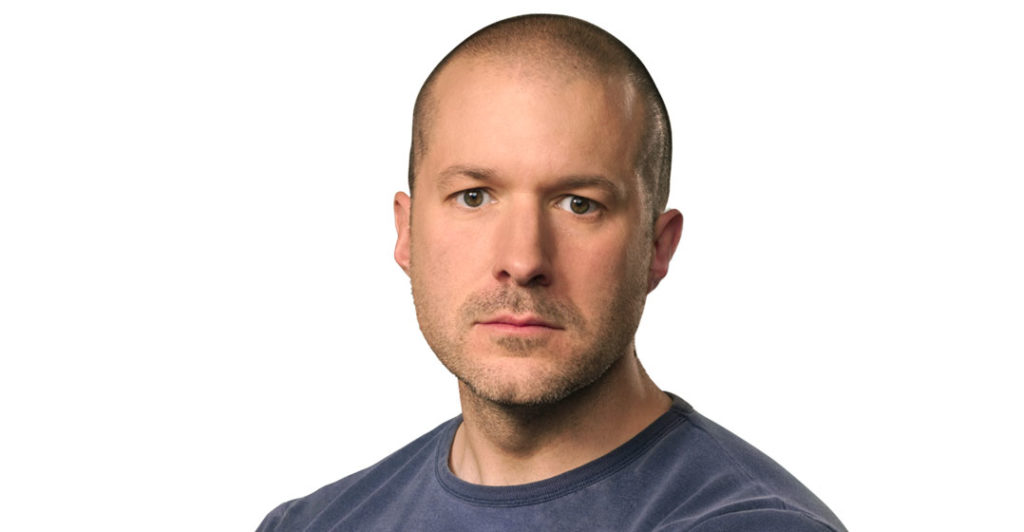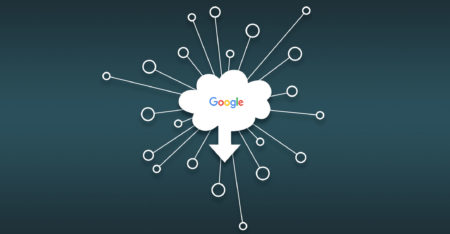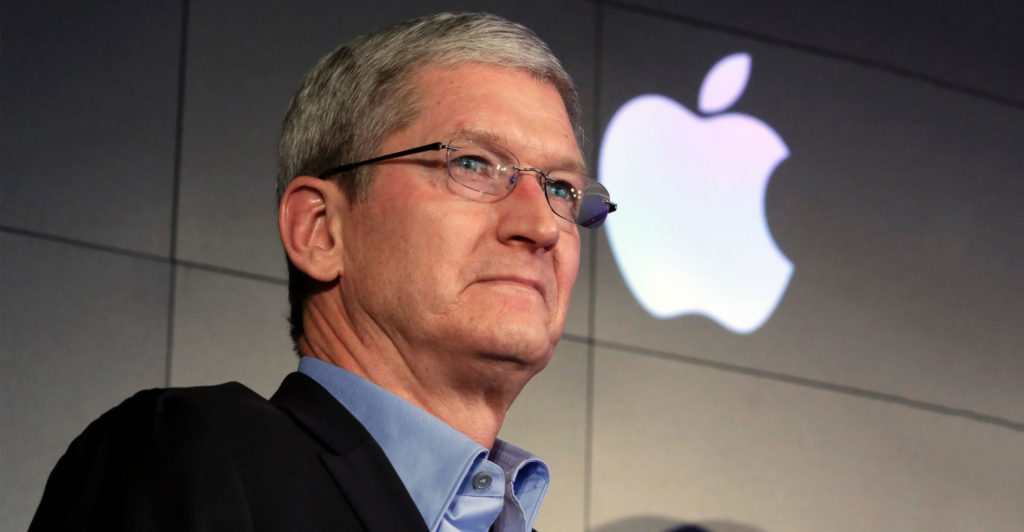Investors are getting constant reminders that it’s not cheap for technology giants to stay on top.
Author: Shira Ovide
Of the refreshed or new products that Apple talked about at its extravaganza this week, I’m most curious about Arcade, the $5 monthly subscription to videogames for iPhones and iPads.
The theory is that consumers with older smartphones are holding out for what are expected to be the first iPhones that support 5G, a new, faster wireless standard. Not so fast.
WeWork may be the most magical creature in the last decade of richly valued “unicorn” start-ups that are attempting to bust up established industries. By Shira Ovide.
Stealthy or direct price cuts on iPhones have cushioned the blow for Apple. It should go even further if it’s serious about changing its complexion.
Now that the antitrust cops are coming in the door, the technology powers need to freshen their playbook in how they rebut questions about their size, power and influence.
There will be stories of palace intrigue involving Jony Ive, the Apple design chief who announced Thursday that he is planning to exit the company after more than a quarter of a century. This is a simpler tale: it was time.
Each deal Google does is a reminder of its failures so far in the lucrative field of cloud computing and a potential warning sign to the software specialists that have thrived in the last decade.
On Monday, Apple CEO Tim Cook used his keynote at WWDC by talking about developers for the first 79 seconds of his on-stage time. Apple then spent the next two hours and 16 minutes talking mostly about itself.
This is the moment the US technology superpowers surely knew was coming: the US government is preparing to crawl all over Google to figure out whether it is an abusive monopolist. It and other tech giants should be quaking in their fleece vests.


